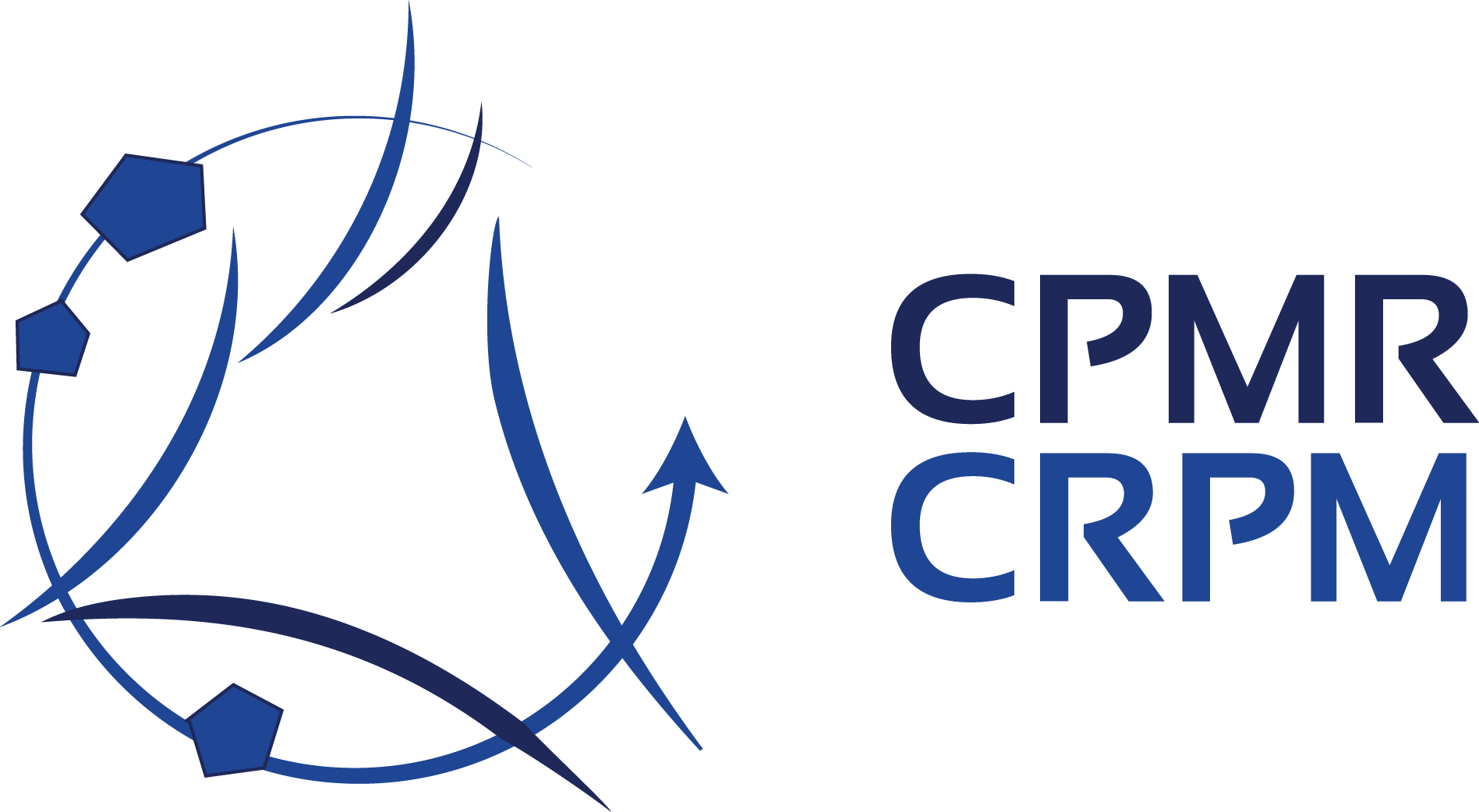Valuing Marine Ecosystem services - Taking into account the value of ecosystem benefits in the Blue Economy
 There is a growing attention for the impact of the ocean economy in the European landscape. In order to plan for a sustainable Blue Growth, to manage ocean and coastal ecosystems, and to deal with the effects of climate change; ocean management and planning decisions need to better incorporate the value of marine ecosystem services and natural capital. By evaluating the impacts of human activity on ecosystem services and their social and economic consequences, outcomes of ecosystem valuation studies can highlight the trade-offs between actions to reverse the declining states of marine biodiversity and ecosystems, and possible competing economic interests.
There is a growing attention for the impact of the ocean economy in the European landscape. In order to plan for a sustainable Blue Growth, to manage ocean and coastal ecosystems, and to deal with the effects of climate change; ocean management and planning decisions need to better incorporate the value of marine ecosystem services and natural capital. By evaluating the impacts of human activity on ecosystem services and their social and economic consequences, outcomes of ecosystem valuation studies can highlight the trade-offs between actions to reverse the declining states of marine biodiversity and ecosystems, and possible competing economic interests.
The European Marine Board has published a Future Science Brief highlighting current thinking in ecosystem service valuation for the marine environment. This document provides some recommendations on how to incorporate outputs from valuation studies into the traditional analyses used in resource and environmental economics and into the European marine policy landscape and related management and decision making choices. The Searica Intergroup has taken the initiative to organise this conference together with the European Marine Board to discuss with representatives from the research community, policy makers, and ecosystem valuation practitioners about what is needed to assess the long-term sustainability of blue growth, support ecosystem based policy development and marine management decisions, and raise awareness of the importance of the marine environment to society and in the economy.
Event Properties
| Event Date | 03-04-2019 8:30 |
| Event End Date | 03-04-2019 10:30 |
| Location | European Parliament Brussels |
| Categories | Conférence 2015-2019 |
| Attachment | agenda 20190403.pdf |
What is an Intergroup?
The Seas, Rivers, Islands and Coastal Areas Intergroup is one of the 28 Intergroups that were approved in December 2024 by the Conference of Presidents for the 10th legislature of the European Parliament. Intergroups can be formed by MEPs from any political group and any parliamentary committee with a view to holding informal exchanges of views on particular issues and promoting contact between MEPs and civil society.










